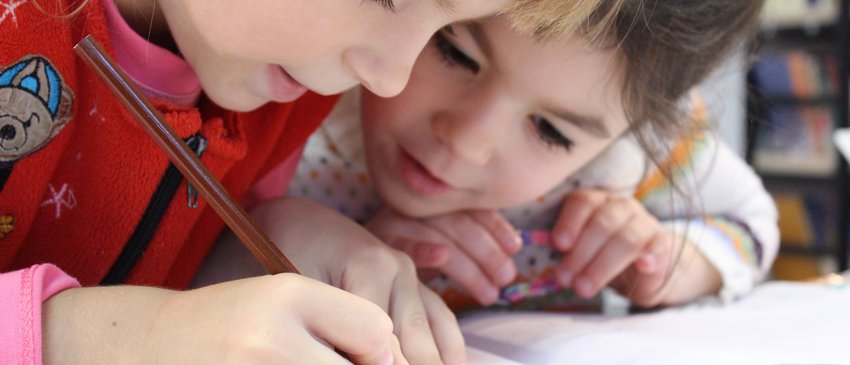Writing

Our research into writing covers behaviours, attitudes and skills of children and young people. We look at writing in every form and genre from poetry and lyrics to letters and essays, alongside its links with wellbeing and attainment in other areas.
Key statistics in writing
- 3 in 10 (28.7%) children and young people aged 8 to 18 said that they enjoy writing in their free time in 2024.
- Levels of writing enjoyment have decreased by 18.1 percentage points since 2010, dropping by 5.9 percentage points over the past year alone.
- Boys aged 5 to 8 showed a particularly large decline in writing enjoyment between 2023 and 2024, with levels decreasing by 11.9 percentage points.
- 1 in 9 (11.1%) children and young people told us that they wrote something daily in their free time in 2024.
- Daily writing levels have halved over the past year, decreasing from 19.3% in 2023.
- Daily writing levels have halved over the past year, decreasing from 19.3% in 2023.
- 3 in 5 (59.1%) children and young people who wrote at least once a month said that they wrote to be creative, while 1 in 2 wrote to express their ideas and imagination (52.8%) or their thoughts and feelings (47.7%).
- Writing continues to support children and young people’s mental wellbeing, with 2 in 5 (40.4%) children and young people saying that they wrote to relax and 1 1 in 3 (33.1%) wrote because it made them feel happy.
Latest research into writing
-
This report builds on our previous research exploring children and young people’s writing engagement, focusing on writing in free time in early 2025.Learn more about Children and young people's writing in 2025.
-
This report builds on our previous research exploring children and young people’s writing enjoyment at school and in their free time in early 2024.Learn more about Children and young people’s writing in 2024.
-
This report explores findings from our 2023 Annual Literacy Survey, which found that just a third of children and young people aged 8 to 18 said they enjoyed writing, one of the...Learn more about Children and young people’s writing in 2023.
-
Report on the benefits of keeping a diary for children and young people, including allowing self-expression, boosting creativity, and supporting mental wellbeing and writing...Learn more about Children and young people’s diary writing in 2022.
-
A report exploring engagement with poetry in all its forms, demonstrating the important role poetry can play in the lives of our children and young people.Learn more about ‘Where a quiet voice can become a loud voice’ Children, Young People and Poetry in 2024.
-
1 in 4 (26.7%) children and young people said they read poetry in their free time at least once a month in 2023.Learn more about Children and young people's engagement with poetry in 2023.
What else we know about writing
- 3 in 5 young people who play video games write something relating to video games once a month. Find out more.
- By the age of 11, more boys than girls left primary school not reading (31% vs 22%) and writing (26% vs 17%) at the expected level for their age. Find out more.
- Almost 9 in 10 teachers believe technology can engage pupils with reading, writing, speaking and listening, specifically in terms of motivation, enjoyment and confidence. Read more.

Our work in writing
-
Our evidence-based Young Writers programme supports schools to develop lasting writing-for-enjoyment practices with the radical view that every young person is a writer.Learn more about Young Writers.
-
This course helps teachers develop strategies to take their Key Stage 2 pupils beyond scaffolded writing and tackle challenges across different text types.Learn more about Improving Writing in Key Stage 2 (IPEELL).
-
Literacy for Learning is our whole-school literacy improvement programme for secondary teachers and leaders.Learn more about Literacy for Learning.








